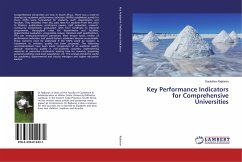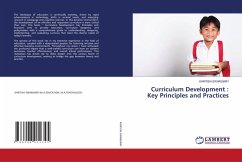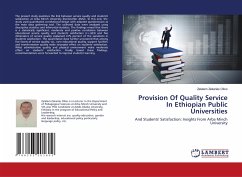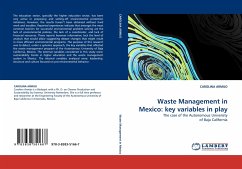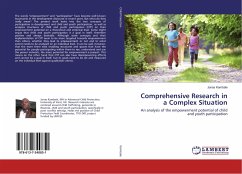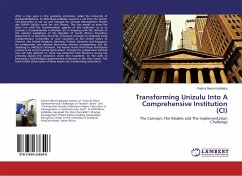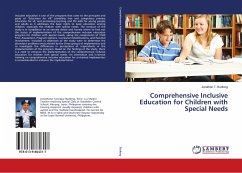Comprehensive Universities are new in South Africa. There was a need to develop key academic performance indicators (KAPIs) established purely for them. KAPIs were formulated for students, staff, departments and faculties. They included: inter alia, pass rates for students from first years to Masters, publications, conference papers, staff evaluation, research, community involvement, graduation rates from Certificate to Doctoral programmes, throughput rates for departments and faculties, departmental evaluation, programme review, minimum staff qualifications, FTEs per instruction/research personnel, ideal lecture loads, review of performance indicators and period before academics become accountable. These concerns must be addressed if the KAPIs could be realised. A framework to enhance quality has been proposed. The following recommendations have been made: preparation of an academic quality manual; monitoring quality in non-academic activities; implementing measures to overcome constraints; making time for research; preparing personal profiling; post-level expectation, etc. The analysis should be useful for academics, departmental and faculty managers and higher education leaders.
Bitte wählen Sie Ihr Anliegen aus.
Rechnungen
Retourenschein anfordern
Bestellstatus
Storno

